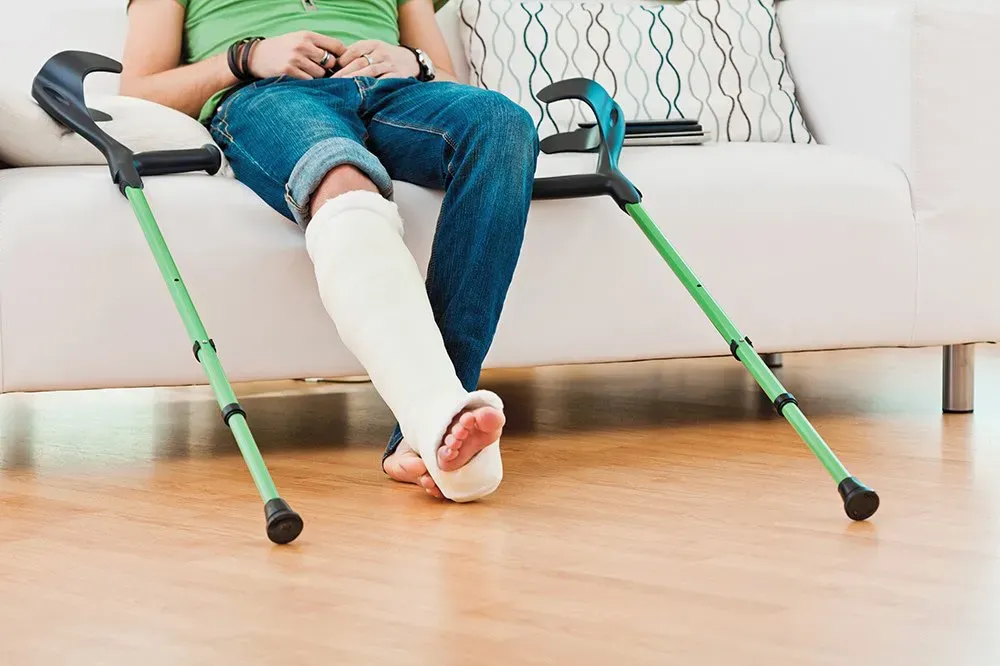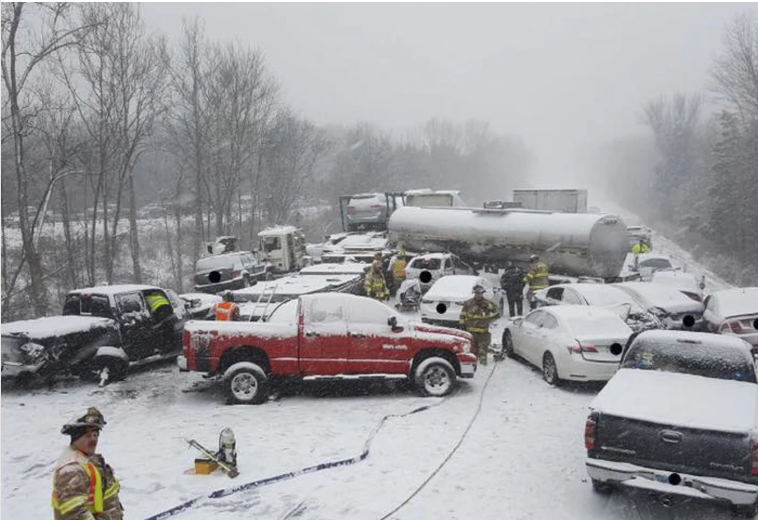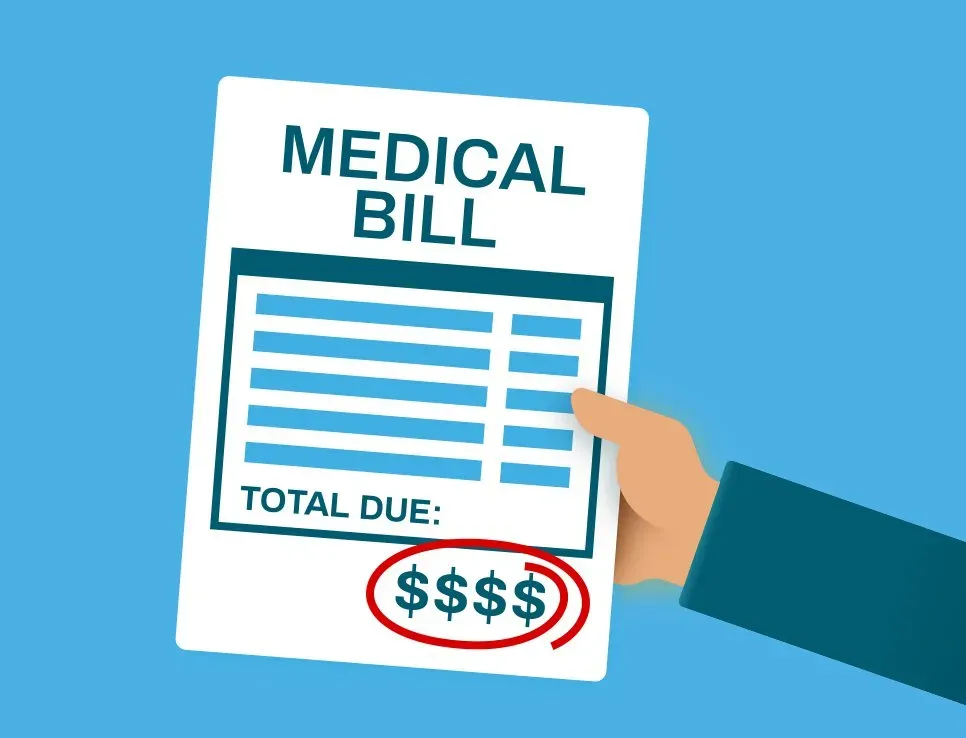Workers' comp may cover more than just your physical injuries.
Hibu Websites • March 31, 2021
Workers' comp may cover more than just your physical injuries.
28 Oct, 2016
If you have been exposed to traumatic situations while on the job that have resulted in severe emotional distress, you may be entitled to workers' compensation. Injuries can come in many different forms, and some are more obvious than others....
If you have been exposed to traumatic situations while on the job that have resulted in severe emotional distress, you may be entitled to workers' compensation. Injuries can come in many different forms, and some are more obvious than others. However, emotional and mental injuries are a serious matter and they can easily impact your day-to-day life.
What is emotional distress?
Under Iowa's workers' compensation laws, emotional distress is a result of physical injuries sustained in a work-related incident or other employment circumstances. Work related injuries, such as the loss of a limb or exceptionally intense levels of stress, can absolutely result in serious and prolonged emotional damage. Emotional distress can come in different forms, but it is often displayed in the forms of depression and/or post-traumatic stress disorder (PTSD). Under the law, emotional distress is considered an injury and some injuries may develop over a long period of time. Therefore, it is possible that emotional and mental injuries did not necessarily develop as a result of any one traumatic and specific experience.
How do I prove my emotional distress?
After an accident, medical experts are consulted to verify the existence of any mental illnesses or psychological trauma. Moreover, those same medical experts are often given the task of proving that there is a legitimate connection between that distress and the working environment. This is required, as the emotional or psychological injury must be related to employment. It cannot be the product of other life circumstances.
How do I get compensated for emotional distress?
Over recent years, there has been a rising awareness of emotional and mental health issues and their effect on our lives. According to Iowa law
, emotional distress, if proven, is legally treated like any other work related injury and is therefore covered under general workers' compensation benefits.
If you suspect you may be suffering from emotional distress as a result of a work-related event, treat it as you would a physical injury and get help.

Personal Injury: Dealing with Insurance Company Surveillance in Des Moines, IA and Surrounding Areas
Learn why insurance companies use surveillance after an accident and how it can impact your case. Talk to trusted Des Moines injury attorneys at LLDDC Law—free consultation, no fee unless we win.








Share On: